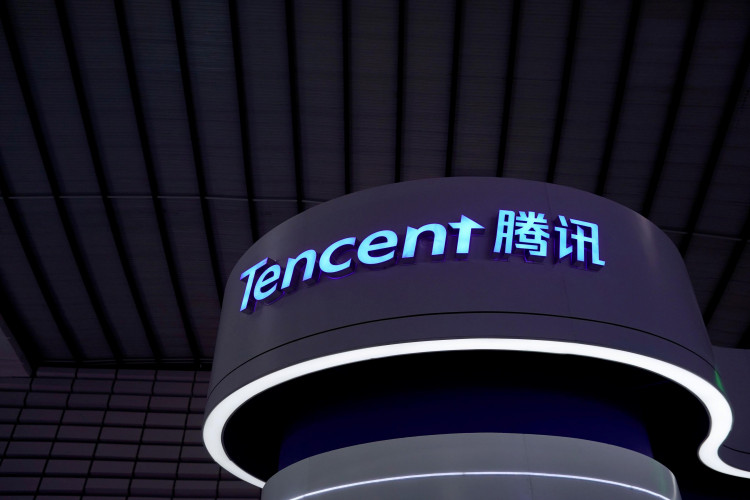Over the past five years, China's two software behemoths - Alibaba and Tencent - have relentlessly snagged Indian startups, and many of the companies they helped fund have surpassed the $1 billion mark to become unicorns.
The term "unicorn", especially in the venture capital market, refers to any tech startup company that hits the $1 billion dollar market value as measured by public or private investment. Unicorn was originally coined by Aileen Lee, founder of Cowboy Ventures.
Overall, Alibaba has invested with its fintech partner Ant Financial in at least six Indian startups, five of which have become unicorns. For Tencent, the total is 12, of which, according to Quartz's tallies, seven have reached the $1 billion mark.
According to a report issued last month by Iron Pillar, an Indian-focused investment firm headquartered in Mumbai, the two firms have divided up nearly half of India's 31 unicorns.
Chinese 'Invasion'
The two tech giants' bets on Indianthe startups come against the backdrop of rising Chinese investor interest - in the midst of frictions over tech investments with Europe and the US - and also represent their tight competition across multiple local and foreign sectors.
"Both Alibaba and Tencent are making very long-term oriented investments in India, taking positions in consumer tech firms that will be huge in the medium to long term," said Anand Prasanna, Iron Pillar's managing partner.
Alibaba and Tencent started placing big bets in India starting in 2015 on e-commerc,e, on-demand services and mobile payments, expanding their rivalry in those segments in China.
That year, Alibaba and Ant (worth more than $150 billion) invested an undisclosed amount in Paytm, India's largest mobile payment firm, while Tencent led a $90 million round of funding for Practo, one of India's largest doctor referral services.
New Ventures
Daniel Zhang, Alibaba chief executive officer who succeeded Jack Ma in September to become the company's president, said Alibaba is looking to further broaden its global footprint to address India's "thriving mobile market."
In general, Alibaba is making more concentrated bets on a few firms like Paytm as an anchor and taking larger ownership, while Tencent is taking multiple bets, seeking smaller ownership in different firms, Prasanna said.
To date, Alibaba has invested with Ant in Indian companies representing China's scope, including Paytm Mall, an online retail location under Paytm, Zomato food delivery app, Bigbasket online supermarket, Snapdeal e-commerce site, and Xpressbees logistics company.
In addition to Xpressbees, which does not disclose its valuation, all the other five companies have reached unicorn status, estimated at just over $1 billion (Bigbasket and Snapdeal) to a whopping $16 billion (Paytm).
The Three Giants
Meanwhile, Alibaba Group and Ant Financial Services Group have entered into a strategic partnership with China's Industrial and Commercial Bank, where fintech and financial services companies will strengthen their cooperation.
In order to focus on electronic payment settlement and cross-border financing services, the companies aim to use their experience in payments, ecomme,rce and fintech.
ICBC has been collaborating with Alipay's Ant Financial since 2005, when customers began to access online mobile payment services. At over 600 million personal customers and 7 million business customers, ICBC is the world's largest bank in terms of assets.






